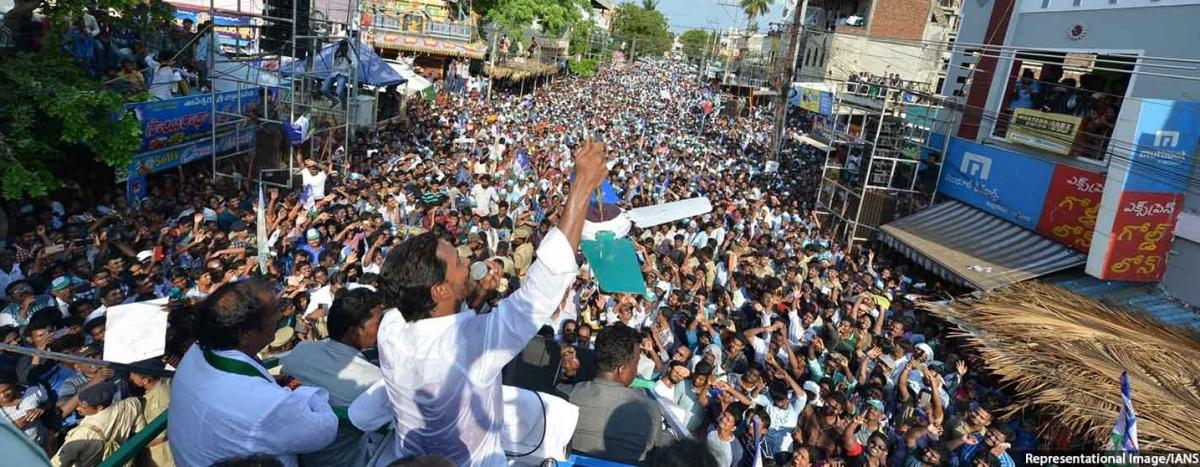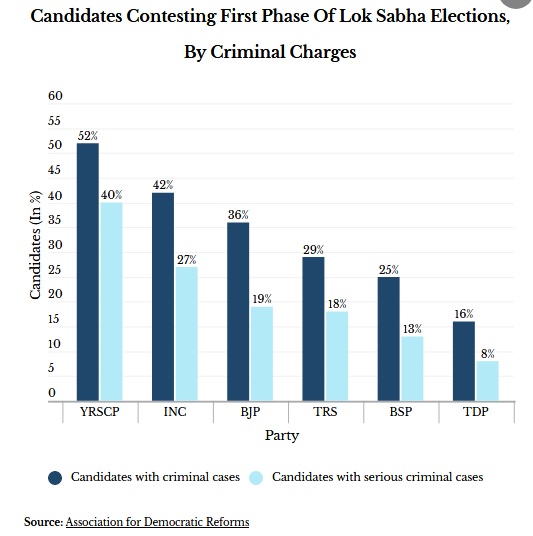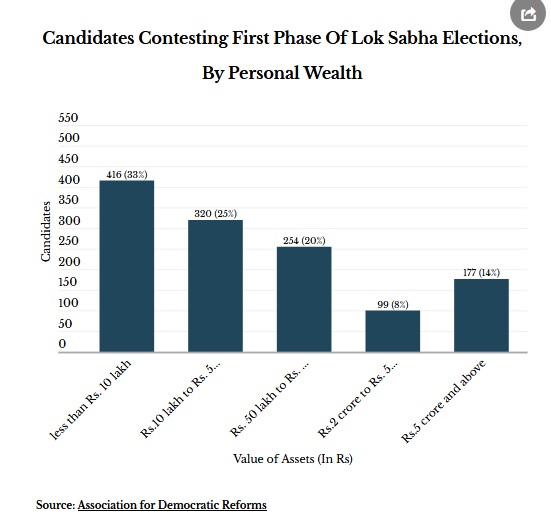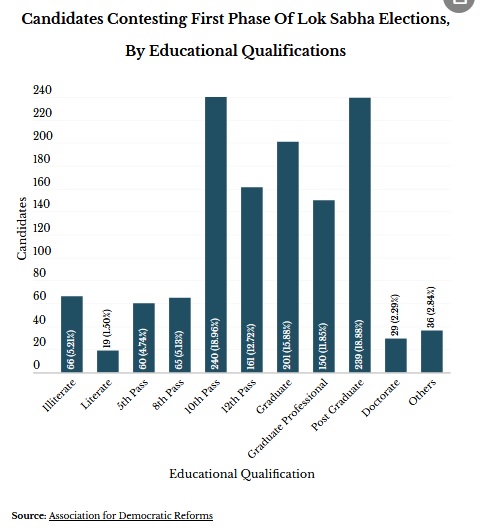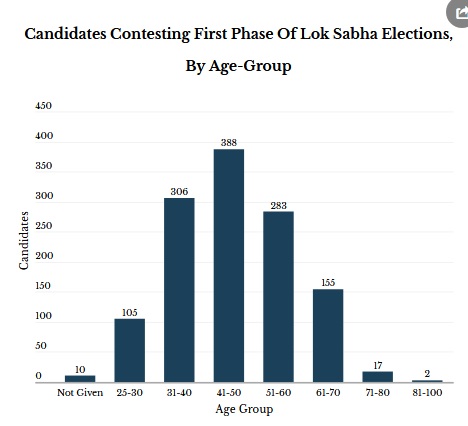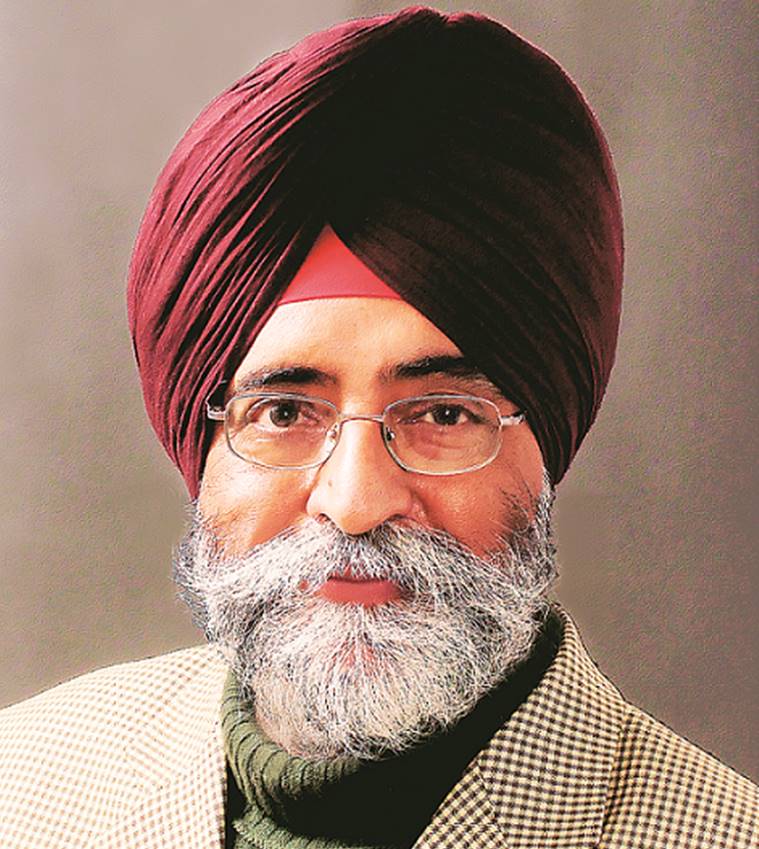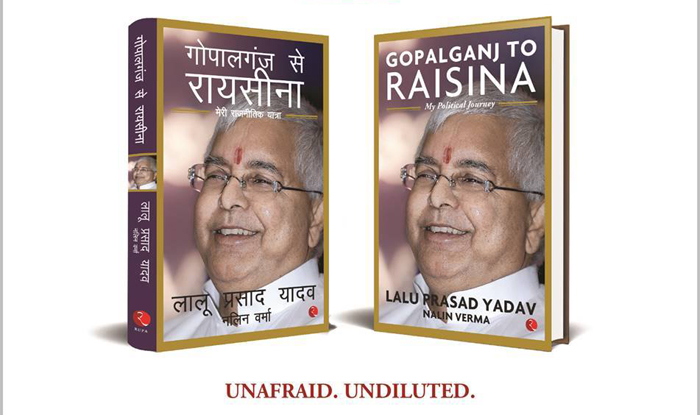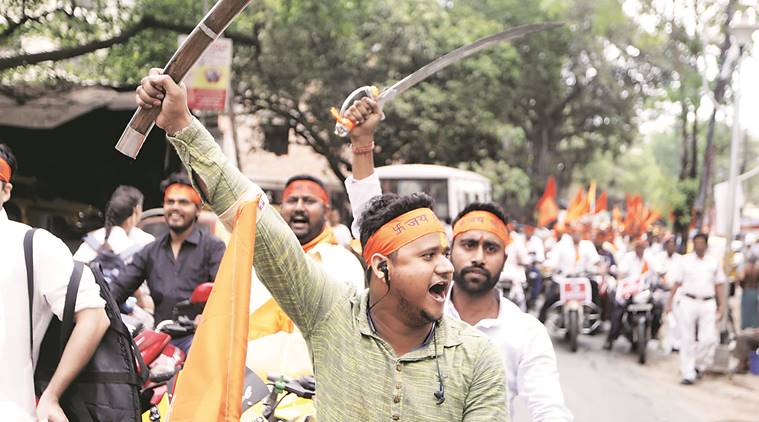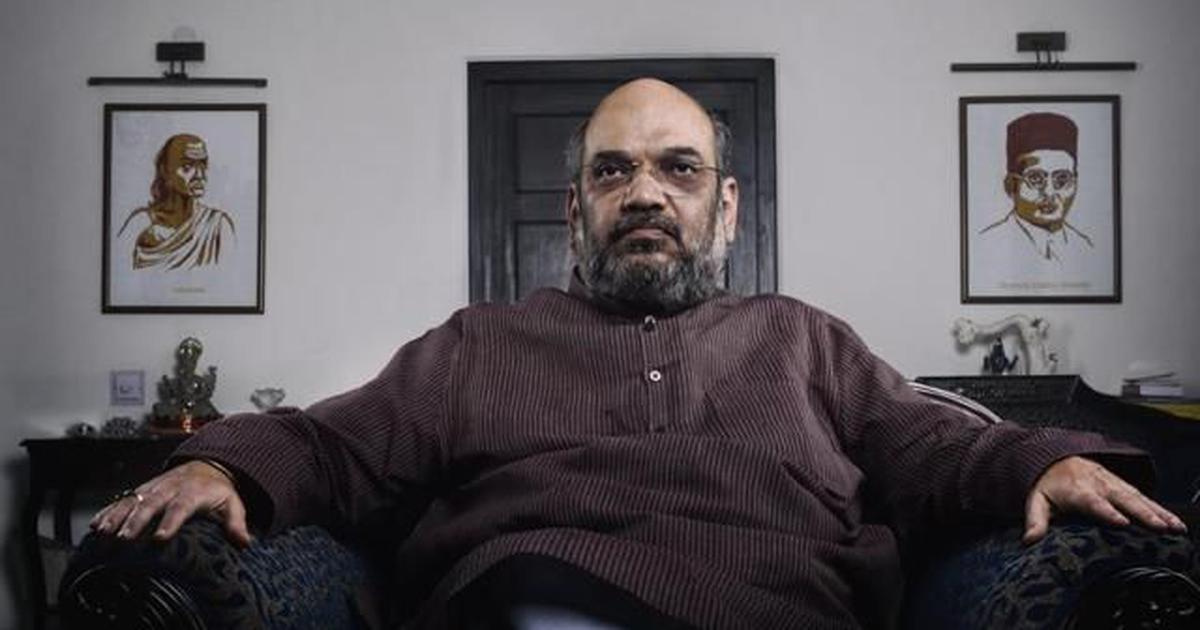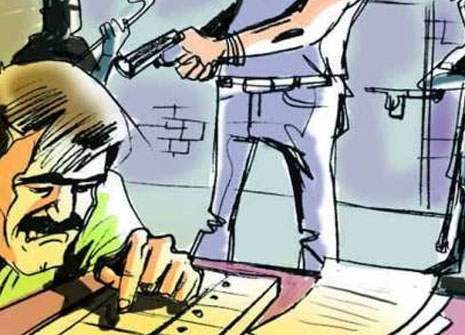
Dr Mansee Bal Bhargava, a research entrepreneur at the Environment Design Consultants (EDC), Ahmedabad, has written an open letter on behalf of water allied researchers, educators, consultants, and enthusiasts*, titled “Water Matters: Appeal for Election 2019 Onward”. Text of the letter:
This is an open letter from a group of water allied researchers, educators, consultants, enthusiasts to the fellow citizens of India to bring to their notice the water distress in the country and thereby make an appeal for conscious voting to the political leaders/parties, who talk and promise something towards effective water conservation and management.
As the election 2019 begins and simultaneously as the situation of water distress goes from grief to grim, it is important to know whether the cognizance of the situation in the Water Matters is taken by the political leaders and is reflected in the parties’ manifestos.
Nearly forty percent of India’s land area is under drought according to the Drought Early Warning System (DEWS) recent announcement, worsening farm distress this year. In addition, the drought affects the water supply in the urban and rural habitations and the poor people are most affected by it. While drought is looming in most parts of the country, some parts of the country also have hard time addressing the floods.
The water bodies like the lakes and ponds have reduced in number and then in size drastically. The rivers are made to remain either dry or flooded. Most water bodies have become recipients of the wastewater from the habitation that are mostly untreated or poorly treated in the absence/dysfunction of treatment plants thereby making the water bodies heavily polluted. Further the excessive groundwater extraction may lead us too to a severe crisis of groundwater soon.
To add to the above problems, the negative impact of the climate change is also now becoming more obvious and increasing. Without effective and efficient water conservation and management plans, development and growth will be negatively impacted therefore challenging the long-term sustainable development goals.
Effective and efficient conservation and management of water in the rural and the urban areas is the only way out to reduce the water distress and reach the desired development and growth. This is possible only with the political will and further with the citizen participation in the water governance process of which the election campaign and voting are crucial part.
Water is part of fundamental right (to life) of the citizens and duty of the government towards its rightful provision. There is no doubt that the socio-economic conditions of the rural and urban people are deplorable given the water ecology under distress. It is urgent that citizens negotiate this matter with the leaders across all parties. Without any political colour tagged, asking relevant questions pertaining to Water Matters is a democratic empowerment of the citizens.
We thus appeal to the fellow citizens to rise to the occasion and ask frankly to the aspiring local MPs (otherwise also the MLAs and the ward leaders) on the Water Matters.
The Water Matters must be the utmost agenda and expectation from the political leaders/parties. In contrast, there are so many talking in the campaigns, speeches and agendas by all the political leaders/parties which misses the water and other environmental matters.
Ironically, there is total lack of attention and details on the Water Matters in the manifestos of the political parties despite the current water distresses pertaining to drought, flood, accessibility, distribution, and the allied farming unrests, health upsets, transboundary urgencies, etc. We thus appeal to the political leaders across all the Parties to present their vision and plans to address the water distresses.
With a hope to make the people and the parties rethink about the Water Matters, we as concerned citizens write this open letter and draw attention to address the water crisis effectively and efficiently in terms of quantity, quality, distribution, accounting and reserving for today and tomorrow.
What we seek from the leaders across all parties is their broad vision and plans for making Water accessible to all by all the fair means across regions and time. It is plain-simple- at the least we the people must ask questions and the leaders/parties must respond on the Water (and environment) Matters. By asking rightful and right-based questions, we can direct the political discourse towards aiming for a water resilient society.
—
*Jatin Sheth, Nagrik Sashaktikaran Manch, Ahmedabad; Mahesh Pandya, Paryavaran Mitra, Ahmedabad; Bhavna Ramrakhiani, Social Activist, Convenor, Ahmedabad Community Foundation; Tercia Arambam, MBEM, B Arch, concerned citizen; Alka Palrecha, People in Centre, Ahmedabad; Lokendra Balasaria. Architect and Urban Planner, academician and a design consultant, Treewalks Initiative, Ahmedabad; Darshan Desai, independent journalist and consulting editor for Gujarat for IANS and Outlook magazine; Gopalkrishna Bhat, hydrogeologist, TARU Ltd., Ahmedabad; Ketki Tidke, landscape architect, Nagpur; Neeraj Agarwal, architect, Jabalpur; Shubhranshu Upadhyay B Arch M Plan (MURP), Bhopal; Neerja Dave, concerned citizen, urban design student, Georgia Tech, USA; Anubandh Hambarde, urban designer, Amaravathi; Anil Kumar Roy, professor, CEPT University, Ahmedabad; Saswat Bandopadhyay, professor, CEPT University, Ahmedabad; Hema Banjara, teacher, Ahmedabad; Zalak Patel, architect, Ahmedabad; Sobhi Mohanty, PhD scholar, Geneva
Courtesy: Counter view

